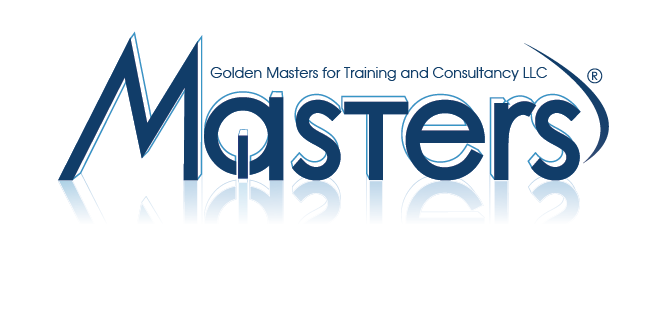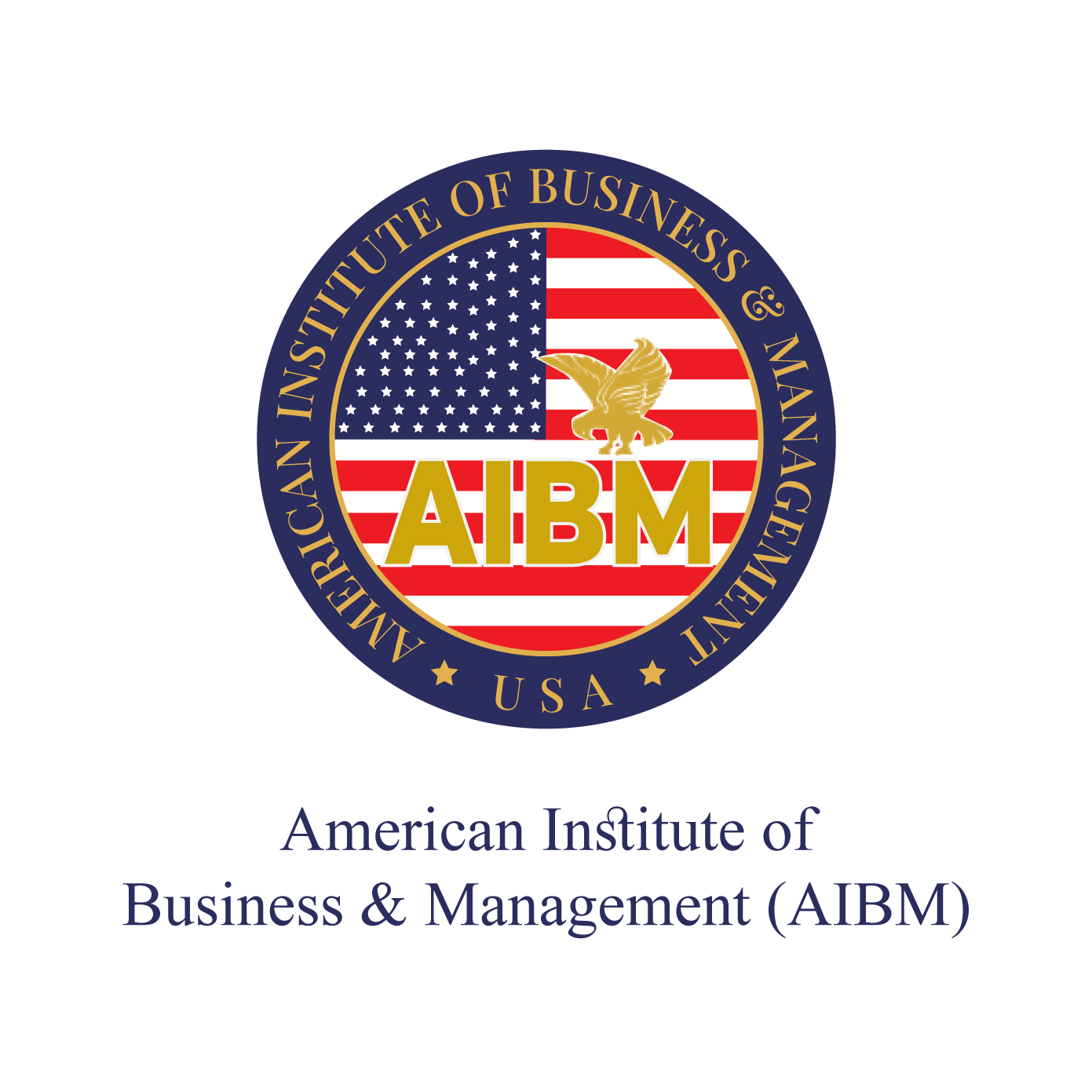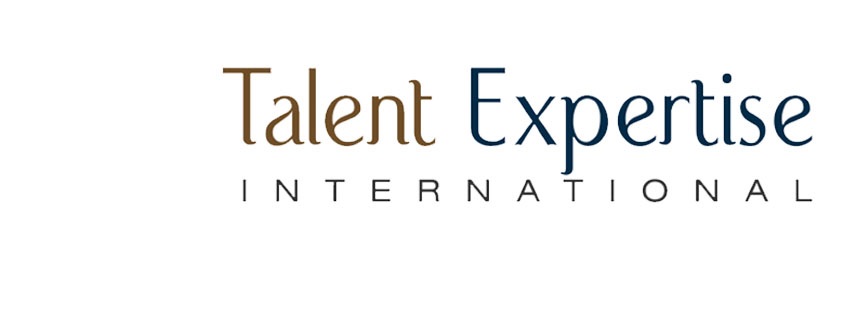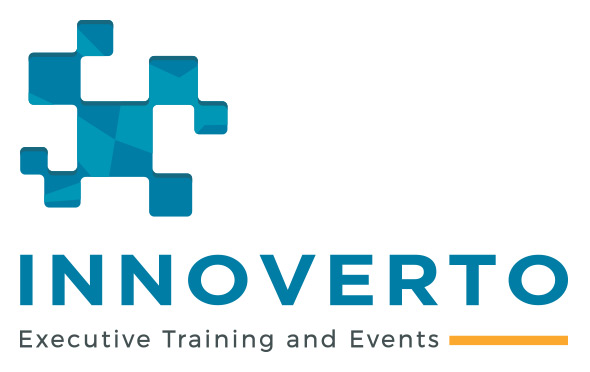This course is aimed at individuals who are new to the profession or function and are seeking to become more aware of the basic principles and techniques of purchasing. This course offers an excellent foundation for the "new" buyer and is de

Course Objective
By the end of this programme, participants will have a clearer understanding that purchasing
makes a real and positive contribution to the organisation in all sectors. The course aims to
highlight that without a meaningful specification, a supplier will not be able to deliver what we need, leading to potentially costly disagreements.
This programme will approach terms and conditions from three angles:
1. The buyer's commercial requirement
2. The underpinning legal considerations
3. The supplier's objectives in including a given term of condition.
Course Certificate
Masters Consultant certificate will be issued to all attendees completing minimum of 75% of the total tuition hours of the course.
Who Should attend?
This course is aimed at individuals who are new to the profession or function and are seeking to become more aware of the basic principles and techniques of purchasing. This course offers an excellent foundation for the "new" buyer and is designed to provide a solid grounding to benefit in the fundamentals of purchasing.
Course Outline:
Session 1: General principles of Procurement
• The role of purchasing
• Stages of the purchasing process
• Positive financial contribution of purchasing to all organisations
• Understanding and implementing the 'purchasing rights'
• Communications - relationships with suppliers and relationships with the customers of the
purchasing service
• The impact of e-purchasing, internal relationships
• Practical aspects of purchasing - basic documentation, records, information and data flow,
systems, processes and procedures
• The essentials of a valid contract under English Law
• The consequences for organisations and their people if basic processes are not followed
Session 2: Financial Aspects
• Understanding key financial statements - profit and loss accounts, balance sheets and cash
flow statements
• The difference between profitability and cash flow
• Capital expenditure, revenue expenditure and depreciation
• Management of working capital
• Appreciation of the key accounting ratios
• The dangers of overtrading
• Cash flow forecasting
Session 3 – Legal aspects of Purchasing
• The impact of law on purchasing
• Law applicable to purchasing
• Contract sale of goods law
• Sources of purchasing law: international; EU and national law
• Forming and concluding agreements: the essential elements of a valid contract
• Can oral agreements be legally binding?
• The law on tenders and letter of intent
• Can contracts be made electronically?
• Why the buyer’s terms must be the terms of the contract: "the battle of the forms”
• How to win the "battle of the forms"
• What buyers can sue for (remedies): consequential losses
• Which country’s law? (Jurisdiction/governing law) product liability
• Overview of other significant law and legislation
Session 4 - Negotiation
• What is negotiation and its role in purchasing
• The negotiation process
• Styles - competitive/co-operative
• Relationships – both business and interpersonal
• Successful behaviours
• Delegates’ personal negotiation profiles
• Preparation and planning objectives and targets
• Selected strategies and tactics
• Information gathering - constructive questions
• Role play to develop skills
Session 5 - Exploring and Developing Terms and Conditions
• The form and structure of contracts
• differing functions of terms and conditions
• performance definition clauses
• performance incentive clauses
• risk allocation clauses
• excusal of performance clauses
• specimen contractual terms (suppliers and buyers) for discussion
• some do's and don'ts of contract drafting
Session 6 - Environmental purchasing and responsible procurement
• Environmental strategy and policy
• The relationship between environmental management and the P&SM process
• Developing a business case
• Legal implications
• Where action will be appropriate
• Where it fits in relation to risk and wider company policies
• Whole life costing models
• Supplier selection evaluation, contract management
• Environmental criteria for tender evaluation
• Sources of information
• Risk analysis to determine priorities for environmentally sustainable procurement activity
• Risk analysis to focus on capacity building and delivery of sustainability objectives
• Working with suppliers to deliver environmental improvements
• Consideration of appropriate EU Directives
Masters Training Company was established in response to the growing need for quality training to support the business community within your Company, Department or Organization by providing a high standard of Training Programs, Courses, Seminars, Workshops and Consultancy Services to employees in a very competitive business environment.
Masters is also an approved vendor from KHDA & ILM
(Institute Review)
55 years ago(Institute Review)
55 years ago
This program explores key concepts forming the basis of strategic procurement and moves though leading edge issues that confront the purchasing organization today.

This certification course helps the individuals to understand the depth and breadth of Supply Chain Management on a global scale.

This five-day intensive program is designed for those who want to understand and implement the essential tools of Purchasing, Procurement and Buying. Participants will learn how to evaluate procedures and make needed changes to methods t

This program has been designed for staff who have responsibility for the purchasing of company assets.

This course is ideally designed for both procurement practitioners and auditors through a systematic approach to teach the delegates about the validation of compliance from the procurement function. It includes knowledge and skills of auditi
© 2025 www.coursetakers.ae All Rights Reserved. Terms and Conditions of use | Privacy Policy